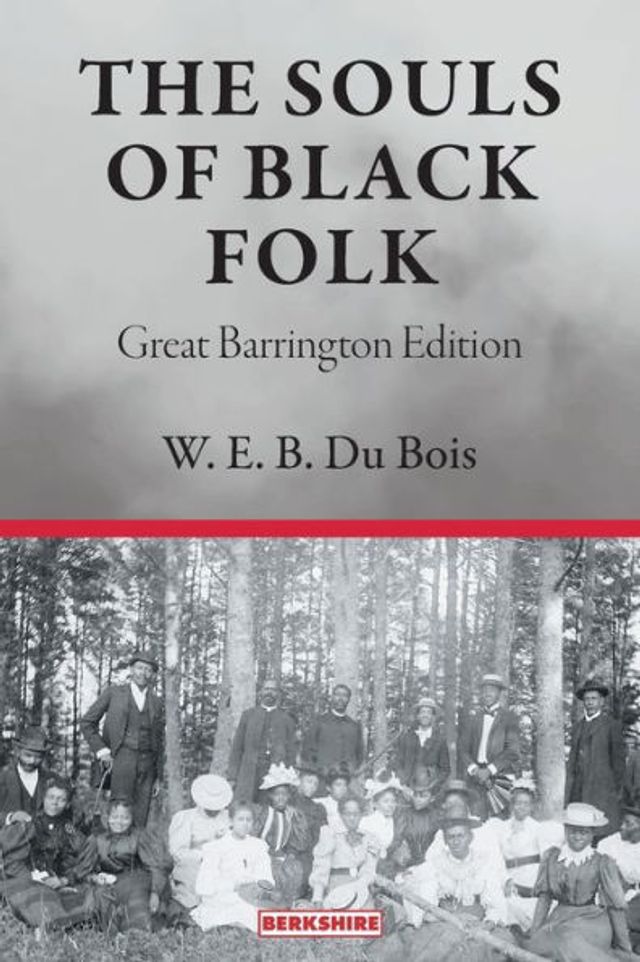Home
The Souls of Black Folk: Great Barrington Edition
Barnes and Noble
The Souls of Black Folk: Great Barrington Edition
Current price: $29.99


Barnes and Noble
The Souls of Black Folk: Great Barrington Edition
Current price: $29.99
Size: OS
Loading Inventory...
*Product information may vary - to confirm product availability, pricing, shipping and return information please contact Barnes and Noble
The Souls of Black Folk
is a founding text of the US civil rights movement, an inspiring work of literature and advocacy by a young man who drew on his own experience as a child in Great Barrington, Massachusetts, a teacher in the hills of Tennessee, a father grieving after the death of his baby son. It is a book compiled in haste but nonetheless a command performance. The fourteen vivid essays are political, philosophical, historical, and personal. The first three explore the history of slavery, following by six chapters of sociological analysis in Du Bois's resonant prose. The remainder of the book is replete with stories that show different facets of the Black experience and explain Du Bois's statement that "the problem of the twentieth century is the problem of the color-line." More than a century later,
inspires us to find the courage and imagination to solve that problem in the twenty-first century.
is a founding text of the US civil rights movement, an inspiring work of literature and advocacy by a young man who drew on his own experience as a child in Great Barrington, Massachusetts, a teacher in the hills of Tennessee, a father grieving after the death of his baby son. It is a book compiled in haste but nonetheless a command performance. The fourteen vivid essays are political, philosophical, historical, and personal. The first three explore the history of slavery, following by six chapters of sociological analysis in Du Bois's resonant prose. The remainder of the book is replete with stories that show different facets of the Black experience and explain Du Bois's statement that "the problem of the twentieth century is the problem of the color-line." More than a century later,
inspires us to find the courage and imagination to solve that problem in the twenty-first century.

















